Awesome Apples
Botanical name: Malus domestica
Apples are a popular lunchbox snack known for their delicious, crunchy and sweet nature. Although they are often considered distinctly American, they actually originated from the mountains of Kazakhstan from the Malus sieversii tree, the progenitor of the modern apple. Interestingly, you can still find this ancient apple tree growing today.1
European settlers brought apples to America during the 1600s and cultivation was immediately successful. By the 19th century, apples were found everywhere and came in different forms. In 1905, the U.S. Department of Agriculture (USDA) noted that there were around 17,000 apple varieties, though the number was actually closer to 14,000, as some names would overlap.2
According to the U.S. Apple Association, around 100 varieties are grown in the United States today, but these are the most popular among consumers:3
- McIntosh
- Fuji
- Red Delicious
- Gala
- Crispin
- Braeburn
- Honeycrisp
- Jonargold
- Granny Smith
- Empire
- Golden Delicious
- Cameo
- Jazz
- Macoun
- Ambrosia
- Paula Red
- Cripps Pink
- Cortland
Health Benefits of Apples
Apples are high in vitamin C,4 one of the most important nutrients you should regularly attain from your diet. Studies show that vitamin C may help regulate blood pressure5 as well as reduce oxidative stress damage caused by exercise.6 Vitamin A, also found in apples, is crucial for the reproductive health of both males and females, as well as the growth of embryos.7 Increasing your intake of vitamin A may also help resist infection by boosting your immune function.8 Additionally, apples contain generous amounts of dietary fiber, which may help inhibit LDL (bad) cholesterol concentration, thereby improving cardiovascular health.9
Apples are a good source of folate, a nutrient that may help lower the risk of neural tube defects in fetuses.10 Increasing folate during pregnancy may also lower the risk of congenital heart defects in newborn children.11
Minerals found in apples include iron, phosphorus, calcium and potassium, which are important components in helping regulate blood pressure.12 All of these elements and more demonstrate why apples can legitimately be called a “superfood.”
Warning: Apples are one of the most pesticide-contaminated foods in America. According to the Environmental Working Group (EWG), apples rank fifth in their 2020 “Dirty Dozen” for pesticides found in produce. As such, it’s important to buy certified organic apples to safeguard your health.13
| Apple Nutrition Facts
Serving Size: 1 cup quartered or chopped, 4.4 ounces (125 grams), raw, with skin14 |
||
| Amt. Per Serving |
% Daily Value* |
|
| Calories | 65 | |
| Total Fat | 0.212 g | |
| Saturated Fat | 0.035 g | |
| Trans Fat | ||
| Cholesterol | 0 mg | |
| Sodium | 1 mg | |
| Total Carbohydrates | 17.26 g | |
| Dietary Fiber | 3 g | |
| Sugar | 12.99 g | |
| Protein | 0.3 g | |
| Vitamin A3.75 µg | Vitamin C | 5.8 mg |
| Calcium8 mg | Iron | 0.15 mg |
Studies Done on Apples
One study shows that the flavonoids and nitrates in apples may help protect against cardiovascular disease15 by lowering blood pressure, as well as improving endothelial function to regulate blood flow.16 Flavonoids are one of the most important naturally occurring phytochemicals in fruits and vegetables.
Research also indicates a connection between eating apples and the reduced risk of certain cancers, specifically colorectal cancer,17 due to the high flavonoid content that releases antioxidant activity. Flavonoids work against cancer cells by influencing cellular processes such as apoptosis, cell proliferation and cell differentiation.18
Polyphenols found in apples may have benefits as well. The following benefits were observed in mice, which may translate positively to human health:
- Lowered inflammation19
- Improved muscle endurance20
- Reduced aspirin-related gut damage21
To get the most out of your apples, make sure you eat the peel. Research shows that this part of the fruit contains the highest amount of antioxidants compared to other parts.22 Just make sure that you’re consuming organic apples to avoid pesticide contamination.


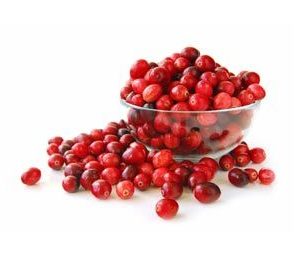
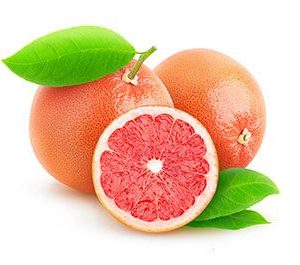
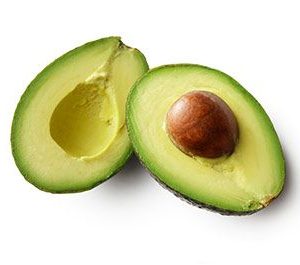
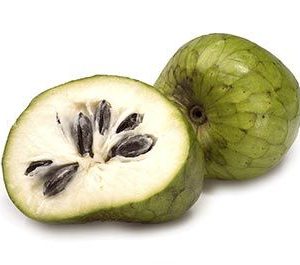
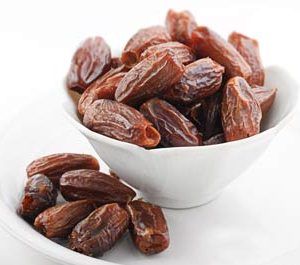
Reviews
There are no reviews yet.